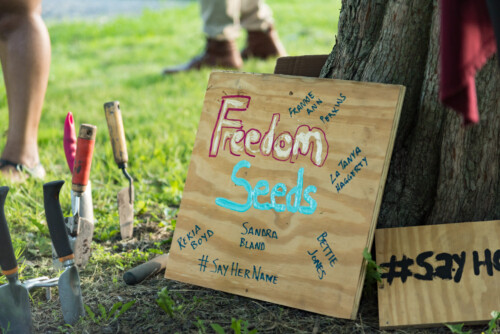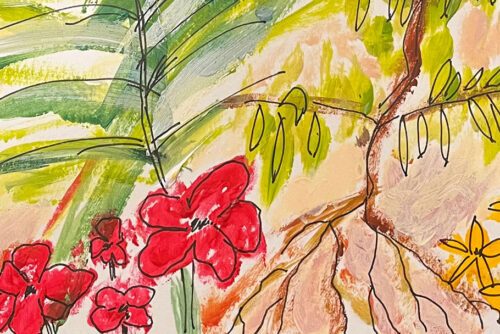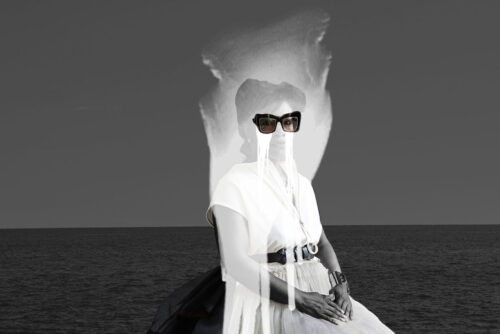This issue of Scholar and Feminist Online, “Unraveling Criminalizing Webs: Building Police Free Futures,” edited by Andrea J. Ritchie and Levi Craske, features contributions that engage with both the past and the future: both historicizing the deep linkages between gender and state violence and pushing readers to imagine a different future—one that is free from not only police violence, but also from broader structures of harm that are rooted in a framework of criminalization. A particular strength of this issue is its explicit focus on the multiple—often overlooked—sites of violence perpetrated against Black women and women of color, including, for instance, the child welfare system and the medical industrial complex. Drawing our attention to the ways these systems are deeply interwoven and rooted in the same gender ideology that posits women of color and gender non conforming people as problems to be dealt with, contributions in this issue take as their sites of intervention spaces including medical examination rooms and case managers’ offices. In the Introduction to this issue, Ritchie and Craske name these webs of criminalization, writing that contributors “introduce broader notions of policing and criminalization beyond law enforcement agents to include social workers, nurses, doctors, and other ‘helping professionals.’ Each of the contributors place the growth of policing within the context of neoliberal policies underpinning racial capitalism, gutting social services, advancing militarization, and global imperialism – all positing these forces as inseparable from policing and criminalization.”
Divided into four parts, this issue features contributions from multiple disciplines and genres, including poetry, visual art, and biographical essays in addition to scholarly articles. The multiple genres featured in this issue are purposeful, as a way to disrupt assumptions about what constitutes valuable knowledge. Ritchie and Craske write, “by centering first-hand accounts and positioning them as guiding analytical forces, they challenge what constitutes scholarship.” In all their forms, the pieces in this issue do the important work of engaging with multiple sites of harm and the issue as a whole draws from multiple genres of knowledge production to dream a different future.



